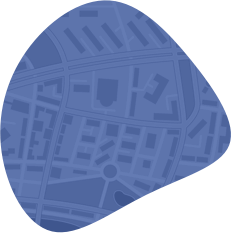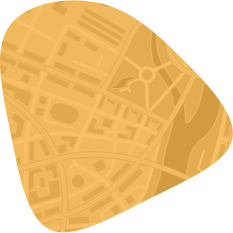Learn more about this common condition and how we can help
Millions of people experience degenerative disc disease as they grow older. This condition affects the back and spine and can have a significant impact, affecting people’s ability to work, engage in everyday activities, and maintain their quality of life. Here’s a look at this common problem and how people can address it.
What is degenerative disc disease?
Degenerative disc disease (DDD) refers to the changes in the spinal discs that occur as a result of aging and wear and tear. Spinal discs are soft, compressible discs that separate the interlocking bones (vertebrae) that make up the spine. These discs act as shock absorbers for the spine, allowing it to flex, bend, and twist. Degenerative disc disease can lead to pain, instability, and reduced mobility.
As we age, the spinal discs naturally lose their flexibility, elasticity, and shock-absorbing characteristics. They become thinner and less able to cushion the vertebrae, and the outer shell of the disc may develop small tears. These changes can lead to disc herniation or bulging discs, where a portion of the disc pushes outside its normal boundary, which can irritate nearby nerves.
What are the symptoms of the disease?
There is a wide range of symptoms that can vary in intensity and affect different parts of the body, depending on the location of the affected discs in the spine. Common symptoms include:
- Back or Neck Pain: The most frequent symptom, which can range from nagging discomfort to severe, disabling pain. It is typically worse when sitting, bending, lifting, or twisting.
- Radiating Pain: Pain may radiate from the affected disc to other parts of the body, including the arms, hands, legs, or feet, depending on whether the affected discs are in the cervical, thoracic, or lumbar spine.
- Numbness or Tingling: People may experience these sensations in the extremities if the disc degeneration leads to nerve compression.
- Weakness: Muscles served by the affected nerves can weaken, affecting a person's ability to grasp objects, walk, or perform other tasks depending on which nerves are affected.
- Reduced Flexibility: There may be a decrease in the spine's flexibility, leading to stiffness and reduced range of motion.
People with degenerative disc disease often feel better when changing positions frequently, or when walking or running.
What are the surgical treatments for degenerative disc disease?
For people who have not found relief from non-surgical treatments such as physical therapy, medication, and lifestyle modifications, several surgical options are available that aim to reduce pain and restore function. These options include:
- Discectomy: This procedure involves the removal of a portion of a herniated disc to relieve pressure on the spinal nerves. A discectomy can be performed using a minimally invasive technique, which typically results in quicker recovery times and less tissue damage. This surgery is particularly effective for patients who have clear symptoms of nerve compression, such as radiating pain, numbness, or weakness.
- Spinal Fusion: Spinal fusion is used to stabilize the spine by permanently joining two or more vertebrae. During this procedure, the affected disc is removed, and the adjacent vertebrae are fused together using bone grafts and hardware such as screws and rods. This eliminates the motion between vertebrae, which can significantly reduce pain. Spinal fusion is often recommended when the spine's stability or alignment is at issue, or when there is significant degeneration of the discs.
- Artificial Disc Replacement: As an alternative to spinal fusion, artificial disc replacement involves replacing the diseased disc with a prosthetic implant. This surgery aims to maintain spinal mobility and prevent abnormal stress on the adjacent segments of the spine, which can occur following fusion. The artificial discs are designed to mimic the natural movement and cushioning properties of a healthy disc, offering people the potential to maintain more normal motion.
Contact IMC Bone Doc to see how we can help you
The knowledgeable and experienced surgeons at IMC Bone Doc are dedicated to helping people suffering from a wide range of musculoskeletal injuries and illnesses find relief. Our seven New York offices have state-of-the-art equipment, and we have licensed physical therapists on staff. If you suffer from degenerative disc disease, contact us today to learn more about how we can help.























